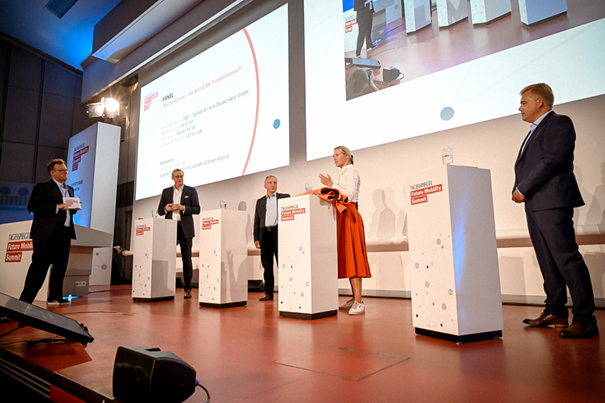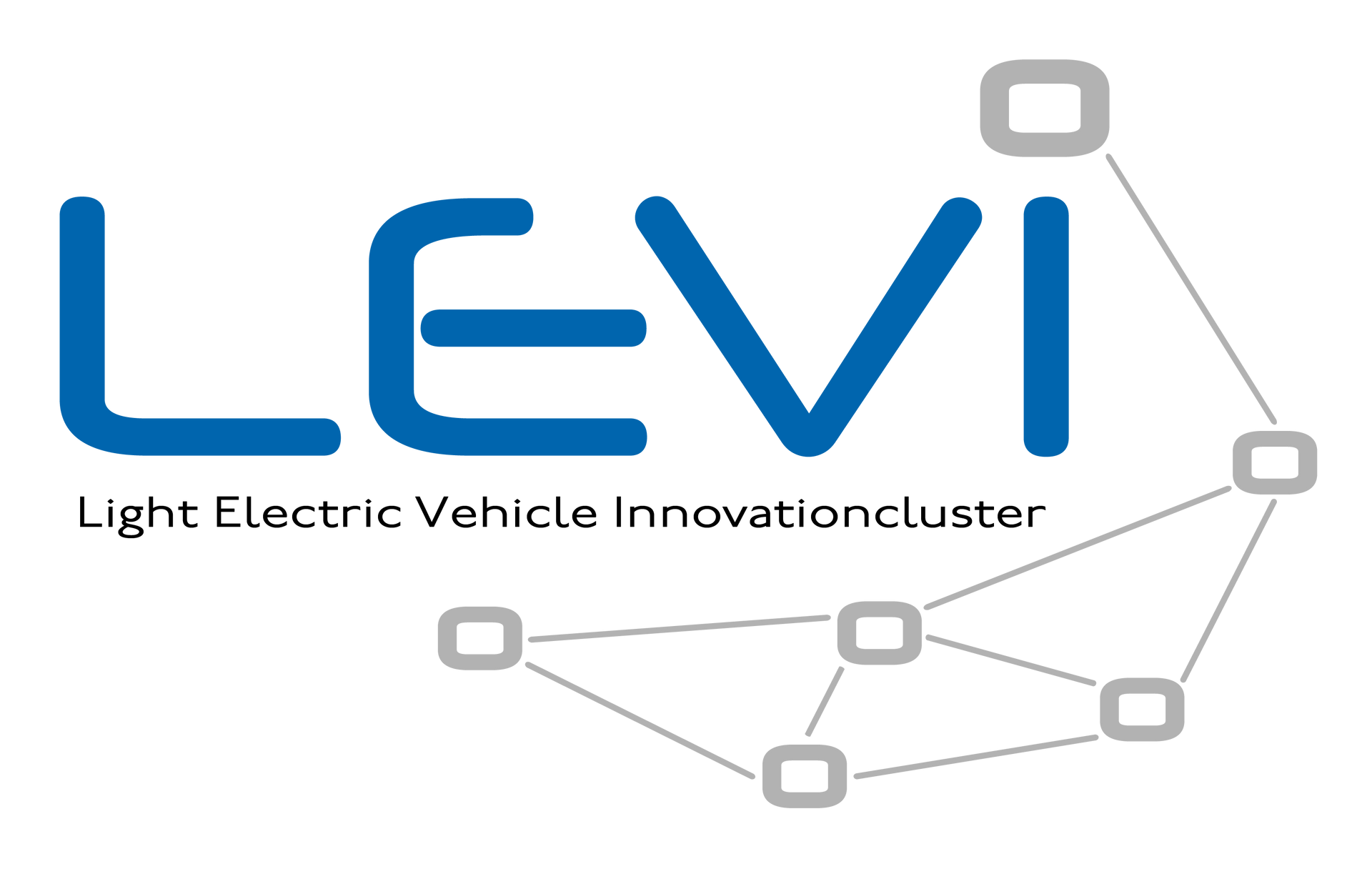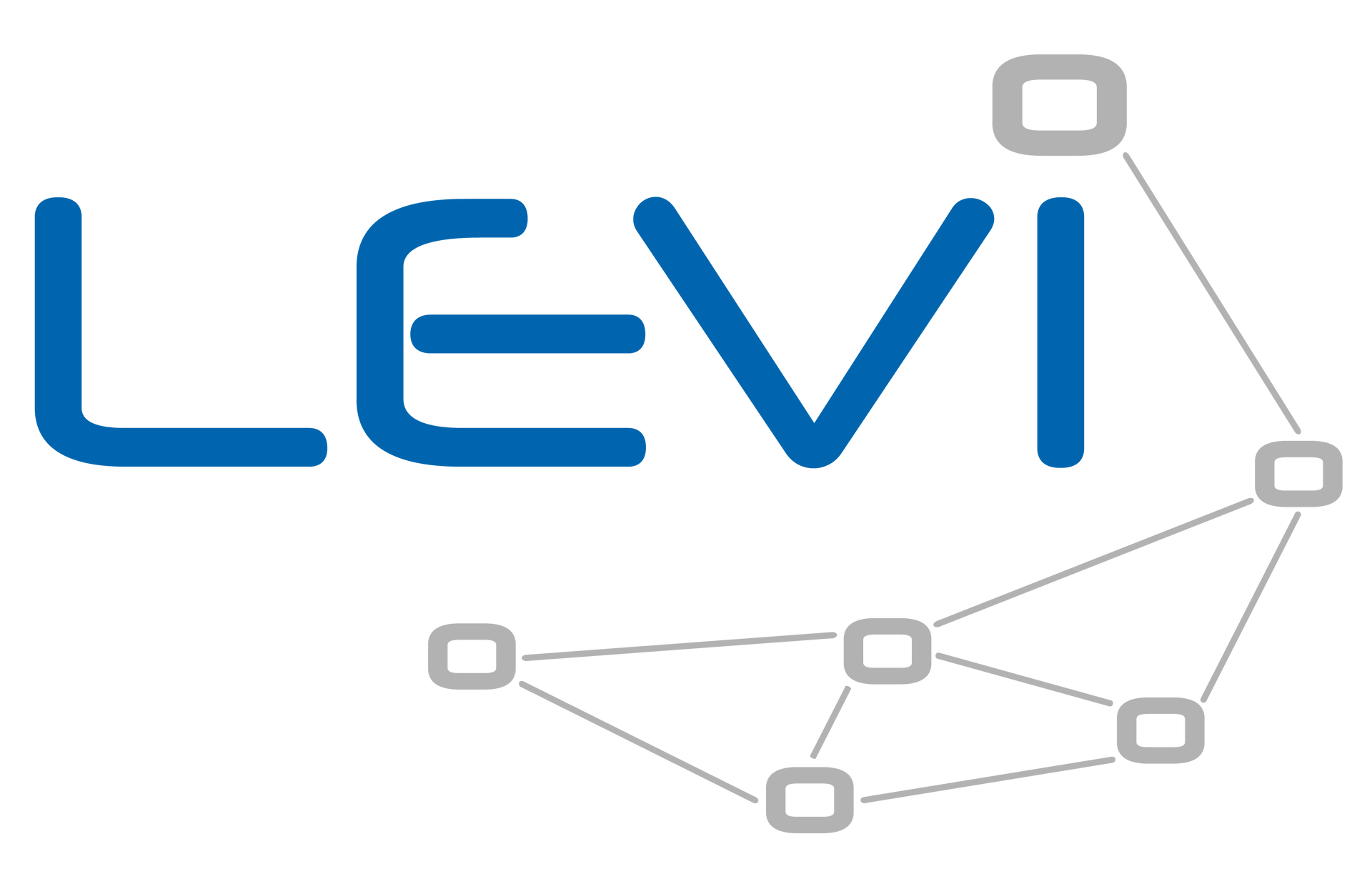Der Future Mobility Summit 2022

The event, initiated by the Tagesspiegel at the TU, called on all stakeholders involved in the topic of “Mobility of the Future” to come together to discuss the related challenges facing the industry.
On September 7th and 8th we were at the Tagesspiegel Future Mobility Summit.
The event, initiated by the Tagesspiegel at the TU, called on all stakeholders involved in the topic of “Mobility of the Future” to come together to discuss the related challenges facing the industry.
In addition to many well-known speakers, such as Dietmar Woidke, Prime Minister of Brandenburg, or Bettina Jarasch, Mayor and Senator for the Environment, Mobility, Consumer and Climate Protection, the partner country Netherlands, with the model city of Amsterdam worthy of mention, was represented at this year's event.
Speeches, panel discussions and workshops gave the various representatives of the industry the opportunity to present themselves and discuss the issues. For example, Professor Sophia Becker from the TU highlighted that many of the challenges revolve around legal frameworks and social issues. "Transport must be socially fair" was one of the key statements, and that there must be steering actors at the political level in order to achieve the goals of the transport transition.
Dietmar Woidke said that the €9 ticket is unfortunately only relevant for people who have access to public transport. It was also important to him that "the added value for energy must remain in the country and jobs must be created." He believes that one possible solution is to speed up the approval processes.
Bettina Jarasch demanded that the state must work with innovative companies “in a new way and see them as partners.” She also demanded that new electric cars must be more fuel-efficient, slower and cheaper.
The company Civey presented a very interesting study, according to which around 50% of people assess the situation in the automotive industry as negative, while 30% disagree. 73% of the population believe that the automotive industry is and will remain indispensable for Germany, but at the same time 70% believe that the transport sector is little or not at all innovative.
The logistics workshop was titled "Who owns the curb?" The questions discussed in the workshop showed that many interested parties see smart and micro hubs as indispensable for the future and that politicians have a duty to set rules for public spaces so that the old and new forms of mobility can coexist in the future. At the same time, it was shown that rules must be created for parking vehicles in public spaces.
This point also plays an important role in the LEVI cluster for electric light mobility. Making the city fair and mobile is one of the goals pursued by the cluster.
In summary, it can be concluded that although the path is clear to everyone, from the perspective of the actors and politicians, it is currently being taken far too slowly and hesitantly.
Now we need courage and a willingness to innovate to bring about a true transport turnaround.




